With 232 pages and an expanded 12″ by 12″ format, our biggest print issue yet celebrates the people, places, music, and art of our hometown, including cover features on David Lynch, Nipsey Hussle, Syd, and Phoebe Bridgers’ Saddest Factory Records, plus Brian Wilson, Cuco, Ty Segall, Lord Huron, Remi Wolf, The Doors, the art of RISK, Taz, Estevan Oriol, Kii Arens, and Edward Colver, and so much more.




Photo by Michael Muller. Image design by Gene Bresler at Catch Light Digital. Cobver design by Jerome Curchod.
Phoebe Bridgers makeup: Jenna Nelson (using Smashbox Cosmetics)
Phoebe Bridgers hair: Lauren Palmer-Smith
MUNA hair/makeup: Caitlin Wronski
The Los Angeles Issue

Sinai Vessel, I Sing
Caleb Cordes provides a thoughtfully nuanced thesis statement for his heartland indie-rock project as he paints a portrait of an artist working under the long shadow of late capitalism.

BLK ODYSSY, 1-800-FANTASY
On his third showcase of vivid storytelling under the moniker, Juwan Elcock adds early 2000s pop-rock to his pre-established melting pot of R&B, hip-hop, funk, and jazz.

Wand, Vertigo
The Cali psych-rockers offer tangible connections between their early, blazing garage bashers and later forays into more progressive terrain with their adventurously cohesive sixth LP.
Matt Mitchell
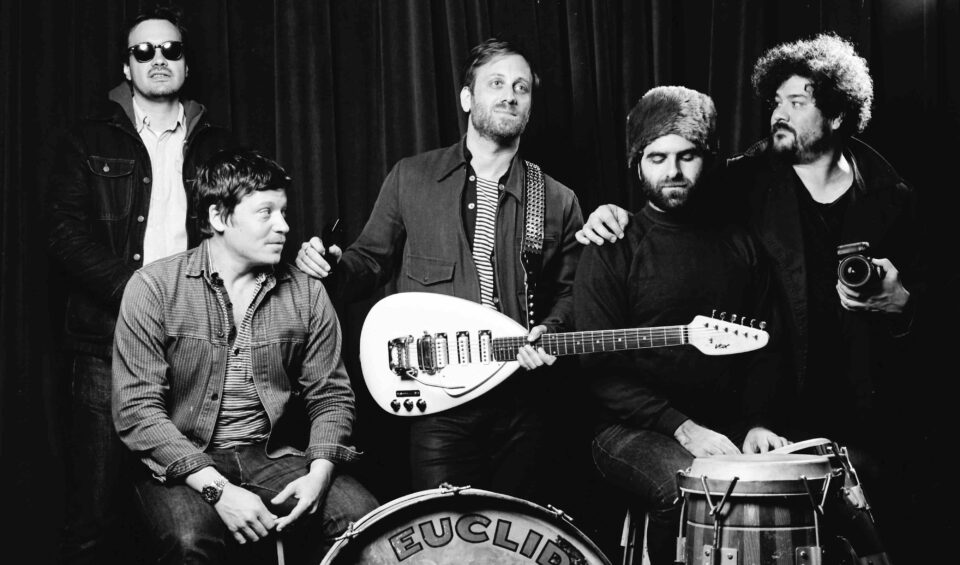
Leon Michels details how Richard Swift lives on through Electrophonic Chronic, the blues-rock supergroup’s first record in nearly a decade.
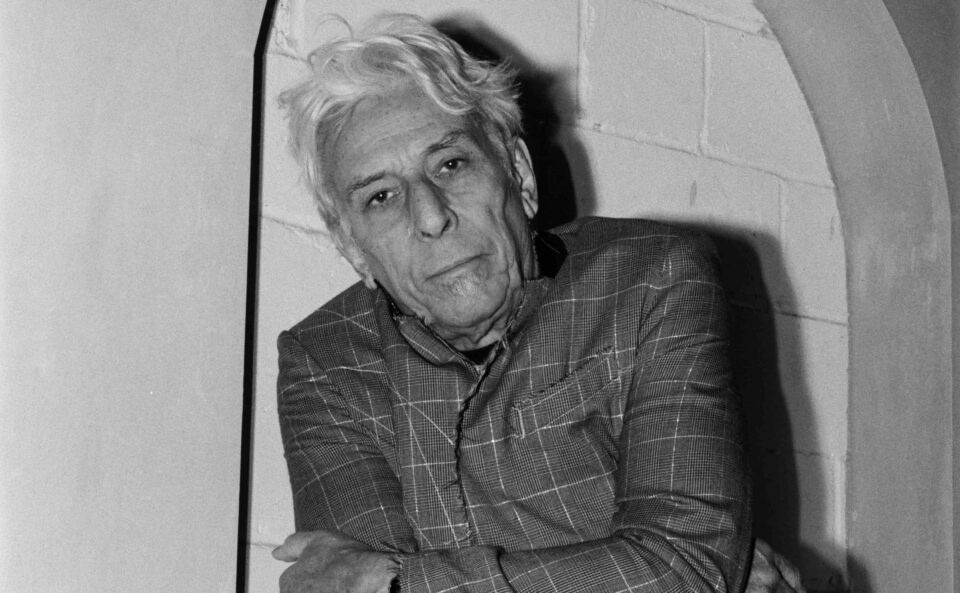
Catching up with the Velvet Underground icon ahead of his collaborative new solo album Mercy.
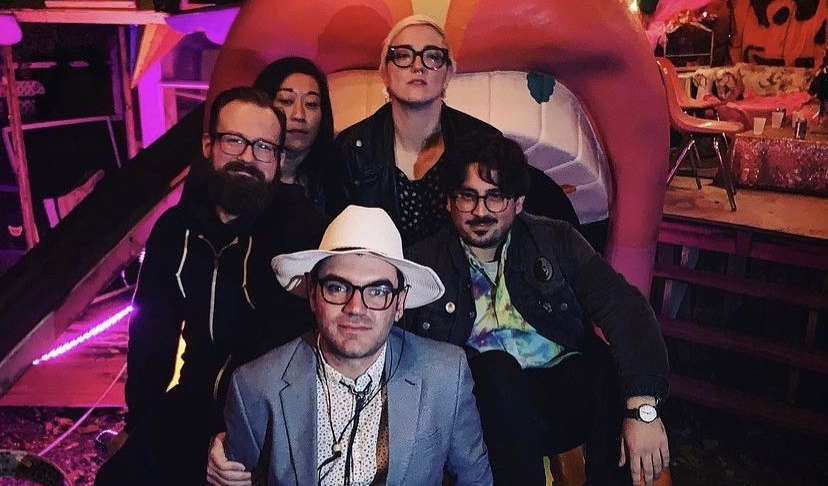
The alt-country quintet’s sophomore record Hold the Door for Strangers arrives January 13.
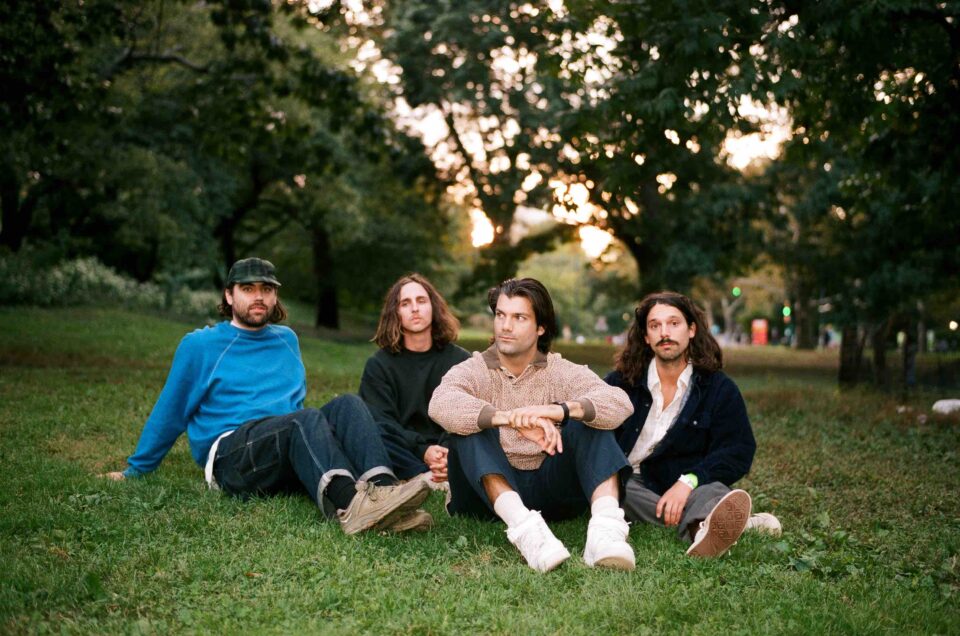
Austin Getz reflects on the band’s decade-long career and how it led them to their disco-informed new LP, Myself in the Way.
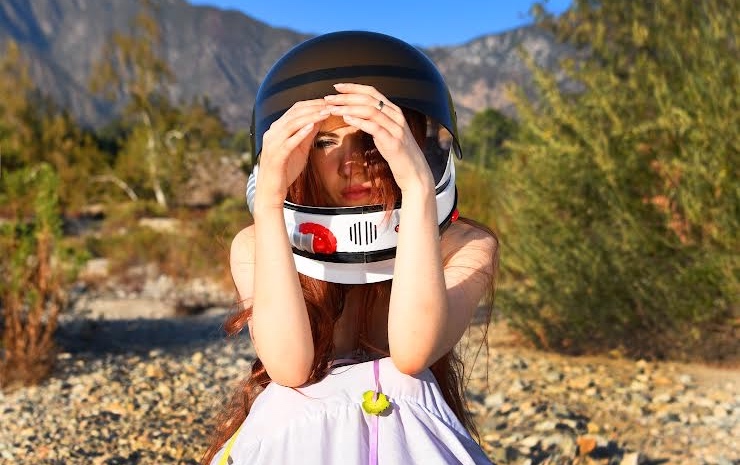
The debut single from the self-proclaimed “songwriter-on-assignment” is a pop kaleidoscope with energized poise.
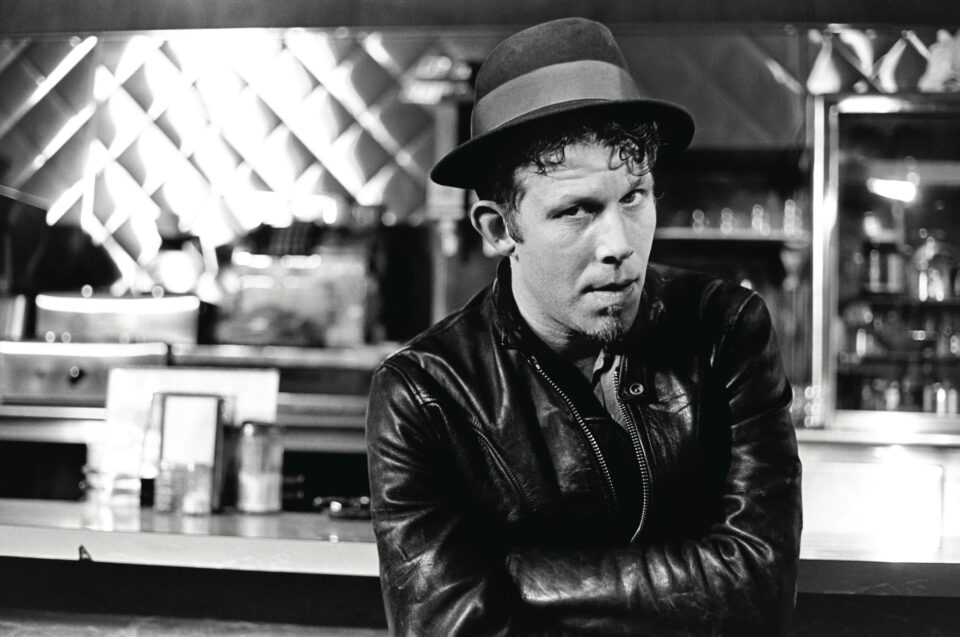
The digital collection includes performances by Tom Waits, R.E.M., Nick Cave & the Bad Seeds, and many more.
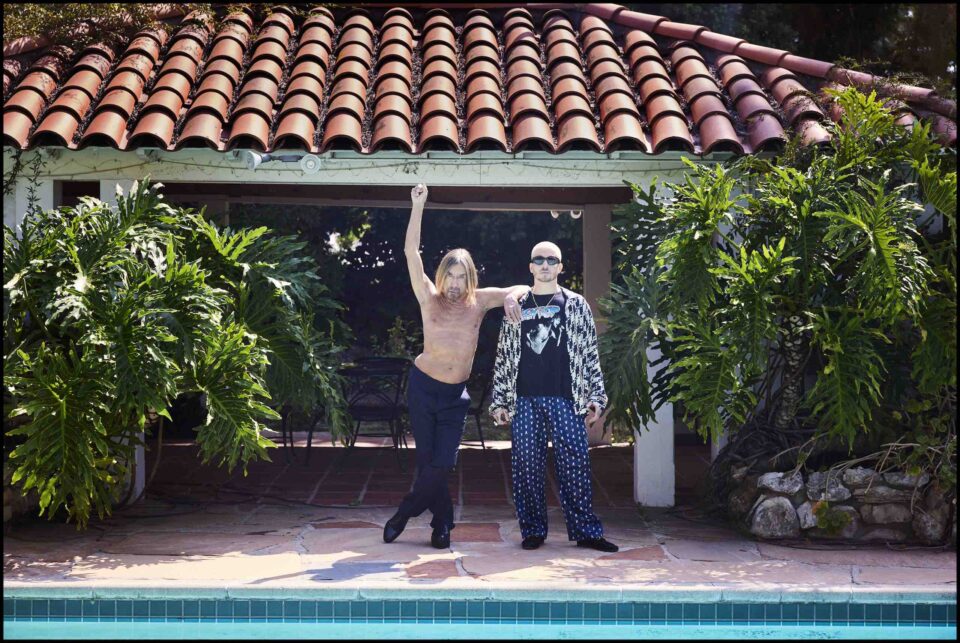
The punk icon’s first solo single of 2022 features contributions from Duff McKagan, Chad Smith, and Andrew Watt.
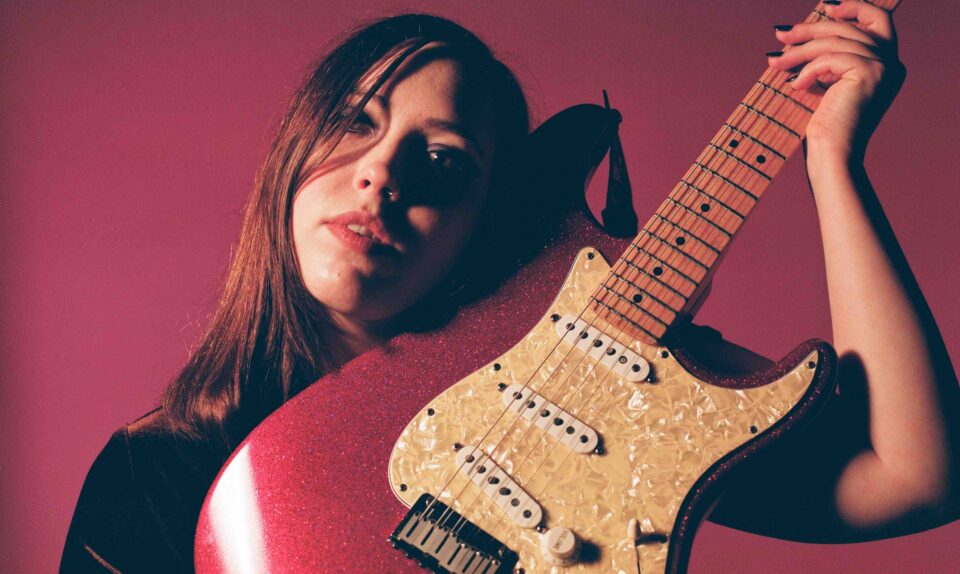
The song originally appeared on Sophie Allison’s album Sometimes, Forever released back in June.

The visual features cameos from Alexander 23, Rebecca Black, Bad Suns’ Gavin Bennett, Uffie, and others.
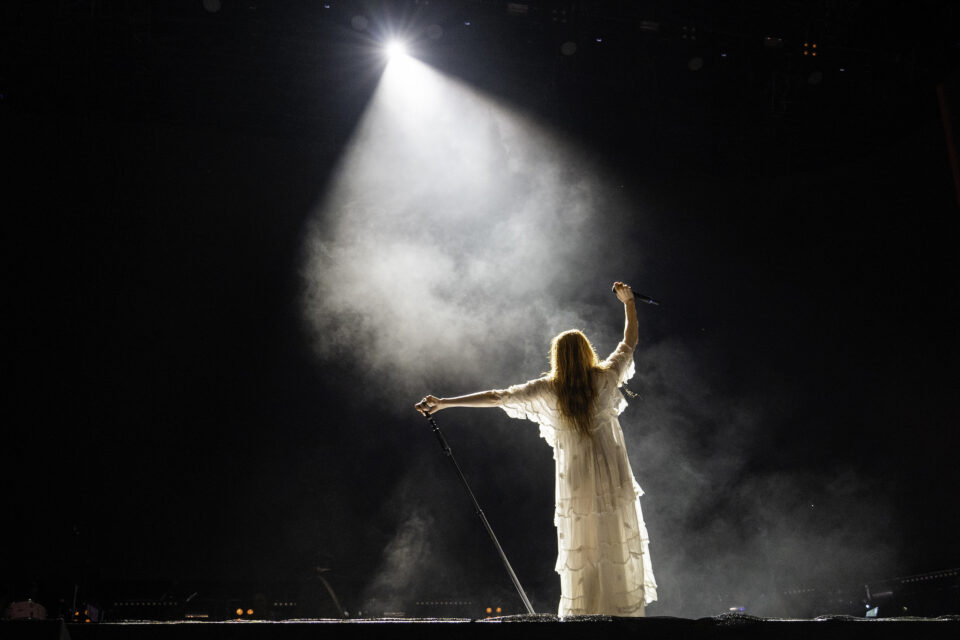
The song originally appeared on Florence Welch and company’s 2022 album Dance Fever.
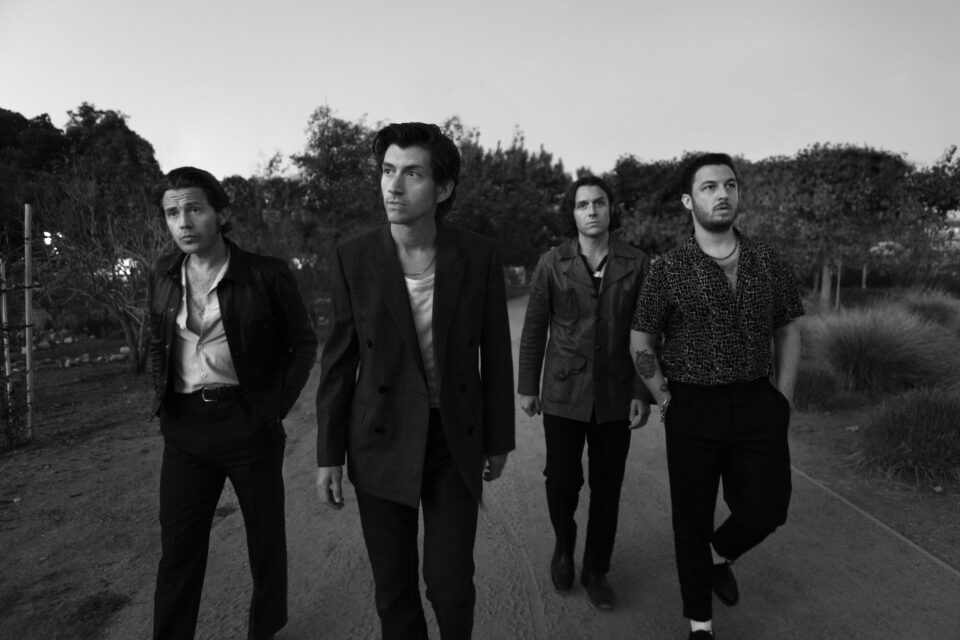
In our latest digital cover story, Alex Turner discusses how the band’s trajectory over the past two decades has led them to their seventh LP The Car, the group’s most collaborative and unrestrained effort yet.
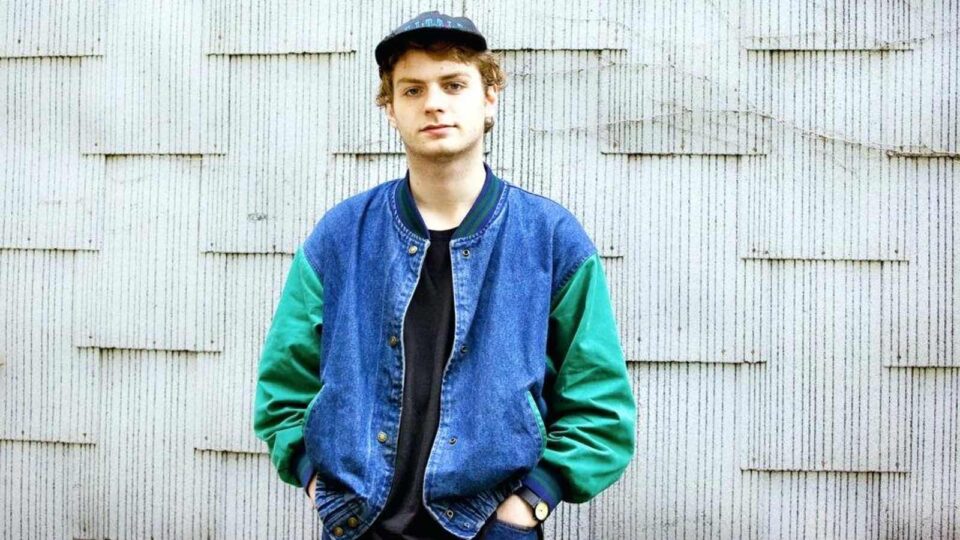
The Canadian rocker reflects on the album that made him a household name.
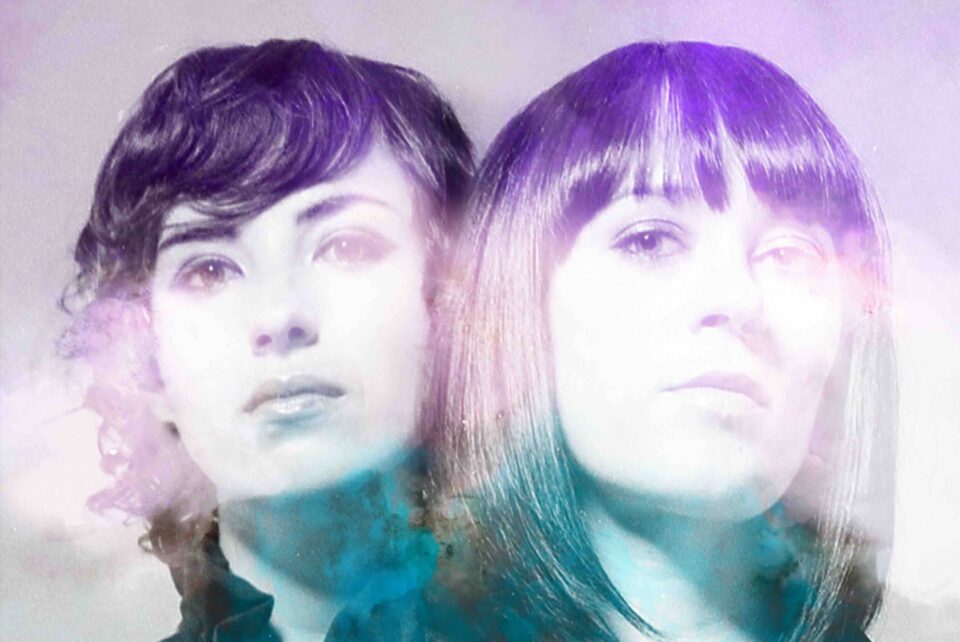
The band’s seventh LP Time’s Arrow arrives January 20 on Cooking Vinyl.
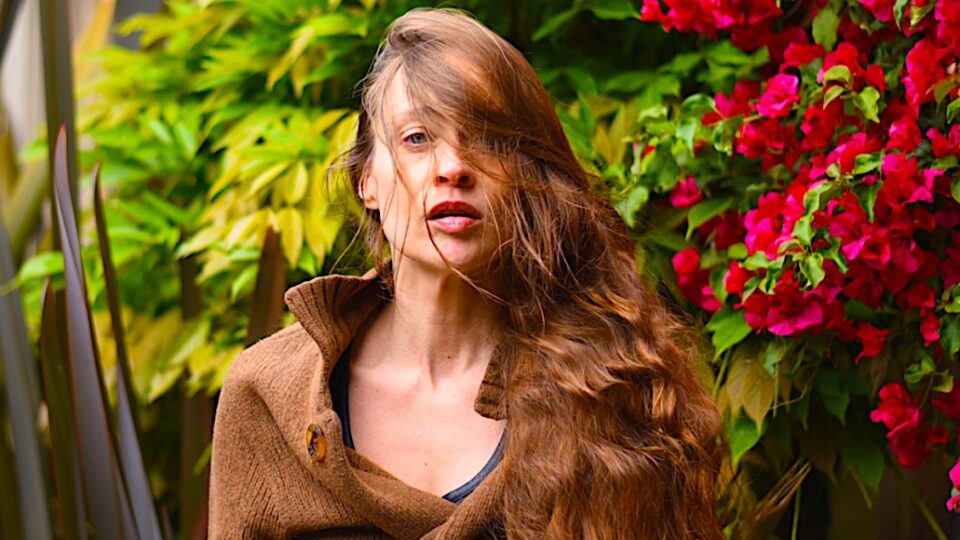
The single came together for the season finale of The Lord of the Rings: The Rings of Power.
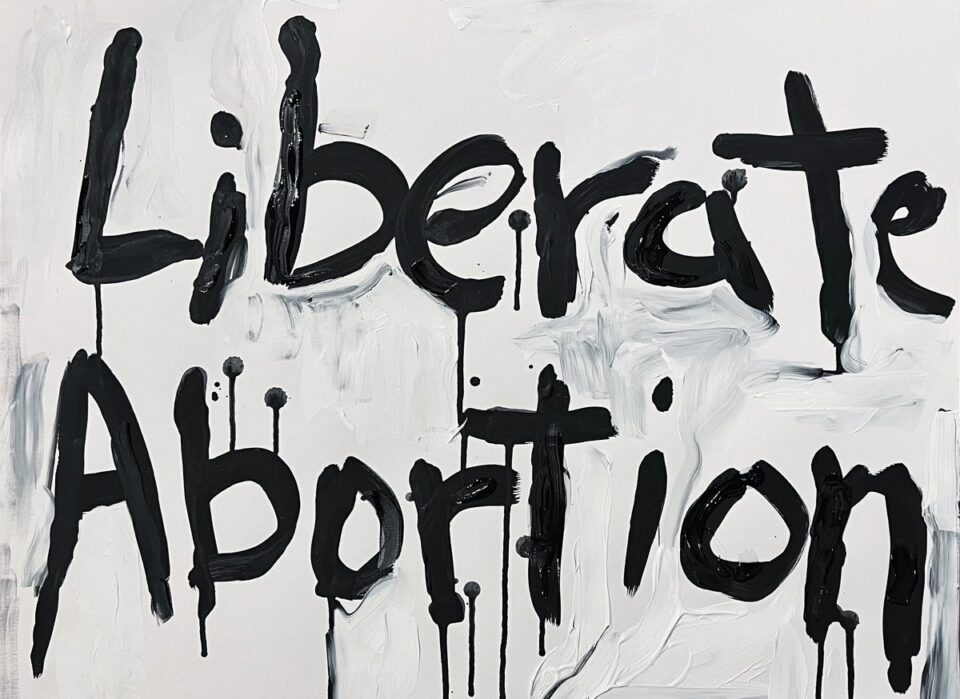
Headlined by songs from David Byrne and Devo, R.E.M., Tegan and Sara, Soccer Mommy, Sleater-Kinney, Pearl Jam, Maya Hawke, and Fleet Foxes, the release is raising funds for nationwide abortion access and independent abortion clinics.
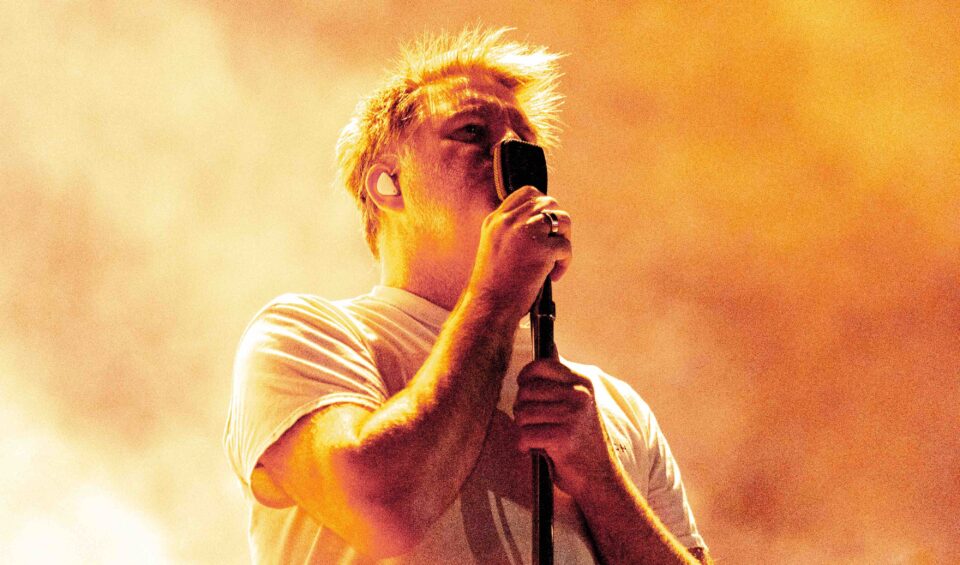
The new track will be featured in Noah Baumbach’s upcoming film adaptation of Don DeLillo’s White Noise.
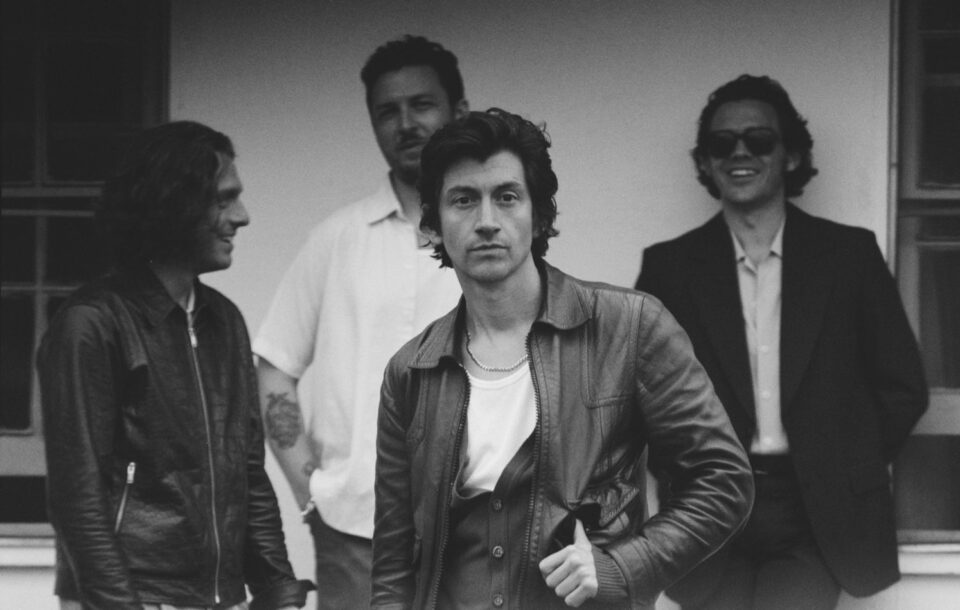
The English rockers will perform the second single from their forthcoming LP The Car on The Tonight Show this evening.
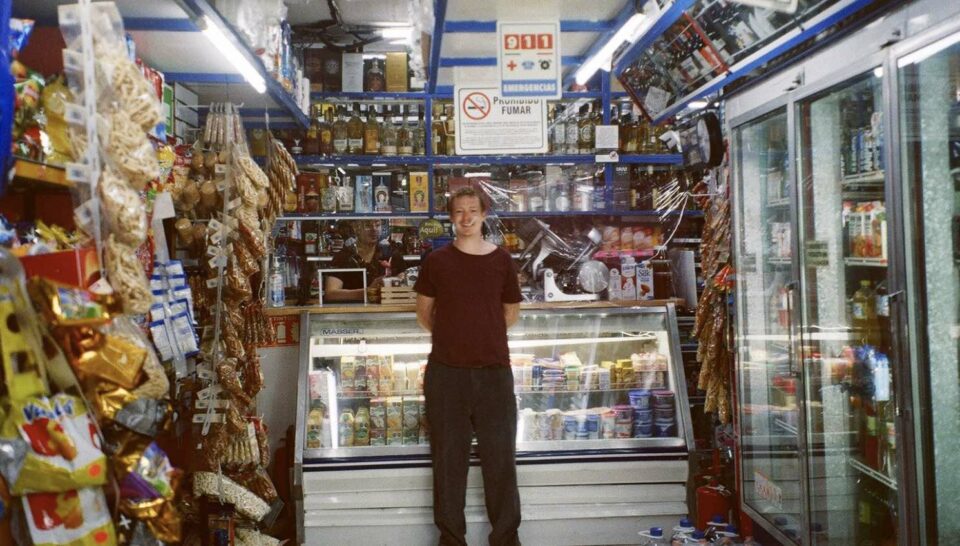
The actor and songwriter’s third album arrives November 4 on Sacred Bones.
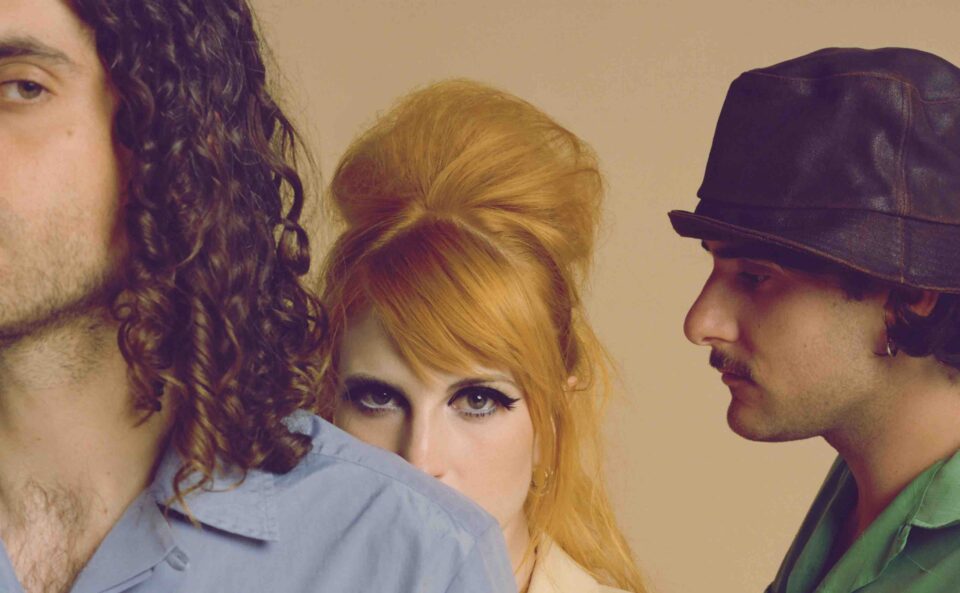
The band’s long-awaited sixth album of the same name is set to follow on February 10 via Atlantic Records.
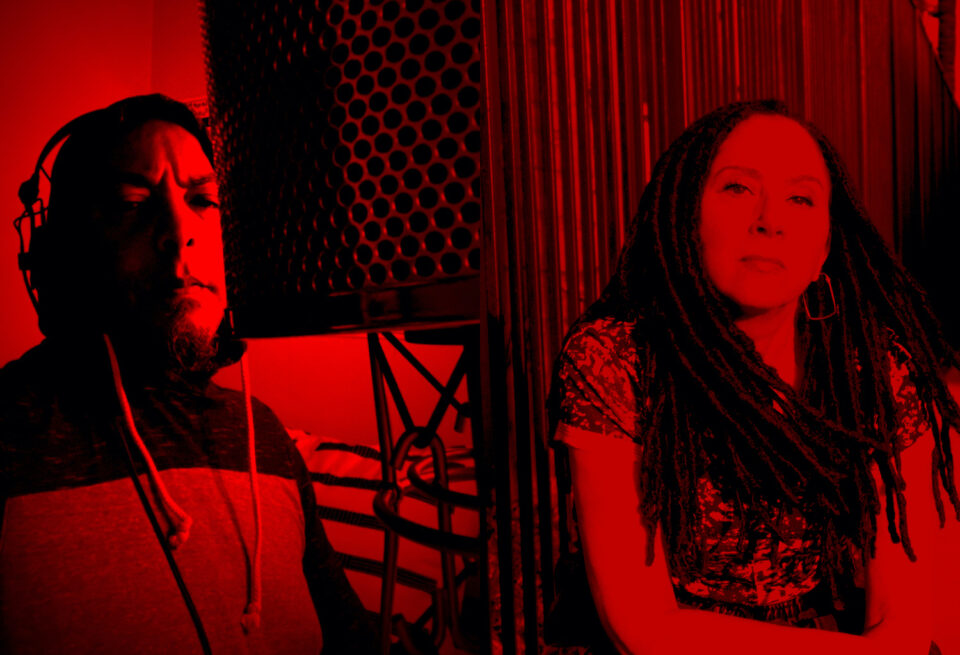
Electronic composer The Angel collaborates with the legendary rapper on a reworked track from her 1999 EP Give Me Your Love.

